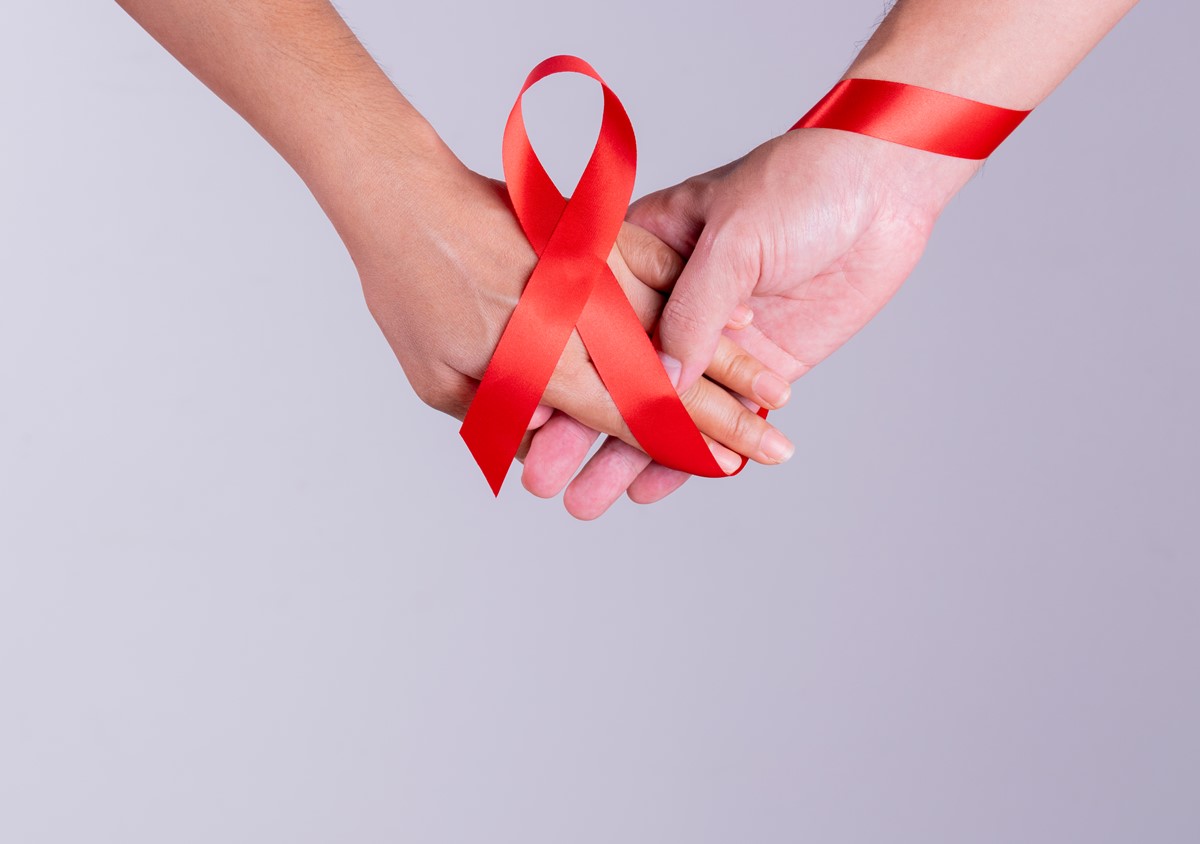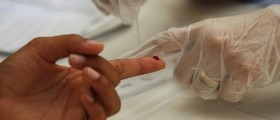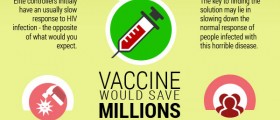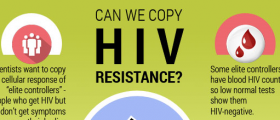What is HIV?
HIV is the acronym for human immunodeficiency virus which is a viral infection that attacks the body's immune system.
There are other ways of possible transmission of the virus such as oral sex, sharing hygiene products where blood is involved (such as using an HIV positive person's toothbrush when the user has open wounds in the mouth but these are regarded as low risk situations.

How does HIV affect the body?
HIV attacks the immune system of the body by attaching itself to the CD4 T cells which are regarded as the soldiers in the bloodstream that fight off infections caused by foreign microorganisms. This is why there's no initial immune response by the body because it doesn't realise that it's being attacked by a virus. HIV then invades these CD4 cells and uses the replication process of the immune cells to replicate itself. The CD4 cell bursts and then releases the newly replicated HIV copies. This process can take between 6-12 weeks before there's enough HIV copies to make the body realize there's an invader and thus launch an immune response. Unfortunately, by this stage the HIV is invading and using other CD4 cells to further increase its numbers and there is no cure for this.
READ Symptoms And Signs Of HIV Infection
What about using anti-retrovirals (ARV's)?
Medication exists where HIV numbers are reduced by affecting the replication rate of the virus. These medications don't get rid of the virus but rather reduce its numbers so that the affected individual can lead a normal, healthy life.
The same medication can be used when someone has had accidental exposure to HIV to prevent transmission of the virus. The medication helps to identify and destroy the virus before it attaches itself to the CD4 cells and it's important to start using this medication within 72 hours after exposure.
What is AIDS then?
AIDS is the acronym for acquired immunodeficieny syndrome. There are specific criteria that are used to diagnose AIDS, but the summary definition of it would be the condition that occurs when the affected individual's immune system is compromised to the point where the person contracts other opportunistic infection. These infections would include tuberculosis, cryptococcal meningitis, Kaposi's sarcoma and a wide variety of possible bacterial and fungal infections. HIV would then be a major cause of AIDS.
Stigma of HIV/AIDS
Unfortunately, there is such a negative stigma about HIV because people don't fully understand how it works and stereotype people such as male homosexuals as being "carriers" of this virus which is absolutely false.
Being HIV positive doesn't mean that you have been handed a life sentence but it is very important, that once illness has been diagnosed, person receives counselling regarding this situation. It will also be very important to have a family member or close friend that you can count on to support you during this time. You would also have to take the responsibility to inform all previous and current sexual partners of the situation so that they need to be tested as well.
- Photo courtesy of SteadyHealth














